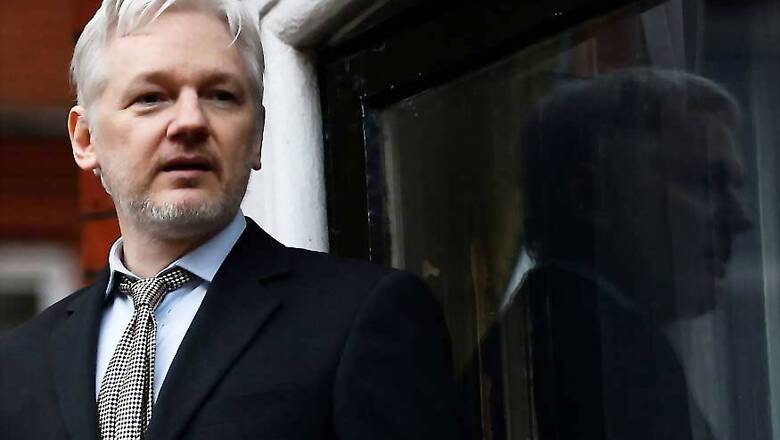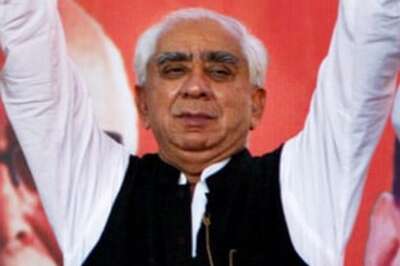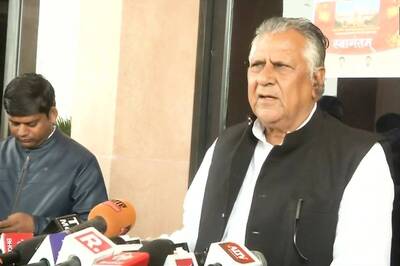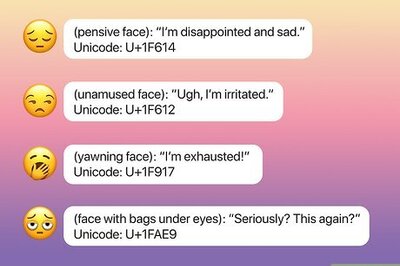
views
London: A British court rejected an attempt by Wikileaks founder Julian Assange to have a warrant for his arrest quashed, dashing his hopes of an exit from the Ecuadorean embassy in London where he has been holed up for over five years.
However, Assange's legal team immediately began a separate argument that the British authorities should stop pursuing him for breaching bail terms because it was not in the public interest. The outcome of that argument was not yet known.
Assange, 46, fled to the embassy, located in an apartment in the wealthy district of Knightsbridge, to avoid extradition to Sweden to face an allegation of rape, which he denied. The Swedish case has since been dropped.
He has said he feared Sweden would hand him over to the United States to face prosecution over Wikileaks' publication of leaked U.S. military and diplomatic documents.
To his supporters, Australian-born Assange is a cyber hero who exposed government abuses of power. To his critics, he is a criminal who undermined the security of the West and endangered lives in many countries by exposing secrets.
His supporters say his health has deteriorated significantly during his years living in the embassy, and the London court heard he had suffered depression, dental and shoulder problems.
If he were to leave, he would face arrest by British police for breaching his bail conditions when he entered the embassy instead of handing himself in to be sent to Sweden.
His lawyers had argued that with the Swedish case dropped, there was no longer any justification for the arrest warrant against him, but judge Emma Arbuthnot rejected their reasoning.
"I am not persuaded that the warrant should be withdrawn," said Arbuthnot, the chief magistrate of England and Wales, during a hearing on Tuesday at Westminster Magistrates Court.
After she read out her decision, Assange’s lawyer Mark Summers asked her to consider the public interest argument, and the court hearing continued.
Should the judge rule in Assange's favour on the public interest point, it remained unlikely that he would leave the Ecuadorean embassy immediately as he fears the United States would unseal charges against him and that the British authorities would arrest him under a U.S. extradition warrant.
His supporters hope that a court victory would force the British authorities to disclose whether such a warrant has been issued by the U.S. authorities.
Britain called off its round-the-clock police guard outside the embassy in October 2015, having spent almost 13 million pounds ($18 million) on the policing operation.
However, a "covert plan" to arrest Assange should he leave his cramped quarters in the building has remained in place.




















Comments
0 comment